NFT Marketing: Leveraging Non-Fungible Tokens for Brand Engagement refers to the digital promotion or digital marketing of services or NFT. NFTs are considered as digital assets which are stored on the blockchain. The NFTs can be purchased or sold at any time to any user all around the world. NFT marketing helps users reach out to those areas where they can get higher prices for their NFT in case they want to sell it. In the case of purchasing, NFT marketing helps users to reach suitable users who have that specific NFT. In short, NFT marketing is considered a promising area where users can reach a wide audience for their NFT’s sell and purchase. This is one of the most popular ways of capitalizing in the growing field of digital collectibles.

What are digital collectibles and how do invest in digital collectibles
Digital collectibles are limited edition copies of virtual products and services. Digital art, video clips, and digital trading cards are examples of digital collectibles. It is used on digital technology to further create NFT which helps the users to transfer ownership from one user to another. One of the biggest advantages of digital collectibles is that they cannot be copied like other data presented on computers and laptops. This will further ensure collectors that the digital art or any other item they are purchasing in the form of digital collectibles is rare and unique and cannot be found anywhere else.
NFT marketplaces or companies that create digital collectibles can be the medium for users to buy and sell their digital collectibles from them. In case the digital collectibles were purchased directly from the companies who produce them like DraftKings or NBA Top Shot then the users can easily make the payment through their credit cards. These companies hold collectibles in the form of custodial wallets for their users to buy and sell their collectibles in the marketplace. The broader digital collectibles markets want their users to use cryptocurrency systems for transaction purposes. The digital collectibles can be found on SuperRare, Rarible and OpenSea platforms. Most of the digital collectables are used on the Ethereum blockchain.
It is essential for the user who wants to trade in digital collectibles to have their own NFT wallet like Metamask. The process is very easy, the user is required to transfer the required cryptocurrency to their NFT wallet and then connect or link the wallet with the marketplace while using a browser extension. In the end, selecting the NFT which is required by the client to make a purchase decision or sales decision. There is no particular or fixed value for these digital collectibles but is prices based on the willingness of users to buy them. Due to this reason, most digital collectibles user prefers to hold them for longer periods for those collectibles which are in demand so that they will get the highest value of their collectibles in future. It is also identified by the users that the cost of selling digital collectibles is much lower than the selling process of physical collectibles. One-time and small potential fees are the only marketplace commissions which need to be paid by the seller.

Role of blockchain technology in NFTs
NFTs have shown expressive growth in a very short period. more than one million cryptocurrency users have acquired NFTs. This growth of NFT is dedicated to the support of blockchain technology. Hence, it is very crucial to understand the relationship and support of NFT and blockchain. Blockchain technology played a very important role in the development of many sectors and it is mostly used for digital payment structures through decentralized platforms nowadays. Blockchain technology is considered a core component of the development of NFTs. Blockchain is the platform through which users can see the performance of their NFTs and even sell and buy the NFTs. This platform helps to create and store NFT for users for their benefit. The traceability and transparency of blockchain technology due to its decentralized nature further help to influence the users to invest in NFTs.
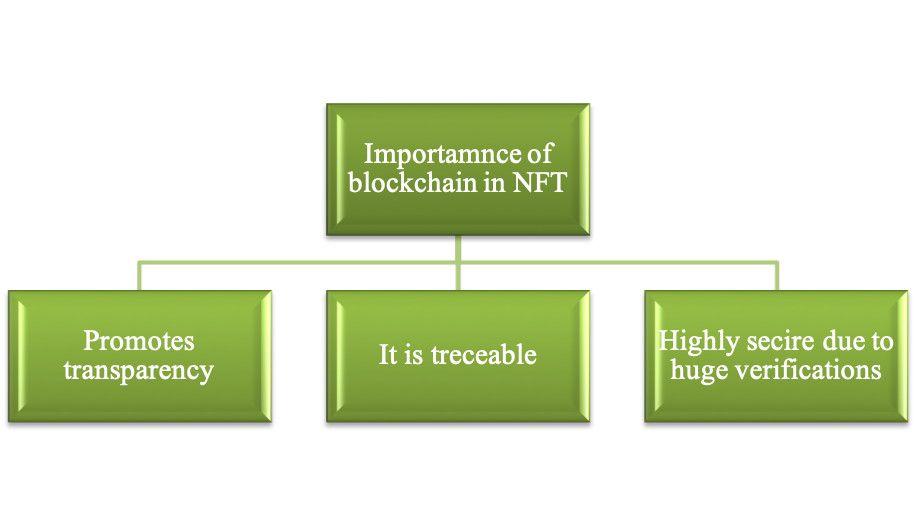
Blockchain technology refers to the distributed ledger technology with some kinds of advantages of decentralization, transparency, immutability and security. With the help of blockchain technology, the user is secured and protected from various kinds of threats and online hacking. This technology asks various stages of user verification to make payments or to process for the further process of selling and buying NFTs.
The use of NFTs by popular brands for high engagement and growth
Nike which is one of the most popular sports brands uses the SWOOSH platform which used to buy and sell NFTs for brand awareness in the market. On this platform, Nike allows users to create their NFTs to create an exclusive community. The tokens on this platform are not only Digital collectibles but they act as the most important tokenized asset in the world of highly impressive content of NFTs. This allows users a very important voting right to vote for exclusive designs and access to the special edition release of Nike. Nike allows NFT holders to purchase their most advanced edition of the product first in the market. This NFT marketing helps Nike to gain a high customer experience as well as it also create belongingness with the brand.
Starbucks Odyssey uses NFTs differently by integrating them into its reward system. They sell highly valuable NFTs to those customers who are loyal to the brand. NFT is gaining high growth nowadays. Hence, this makes the customers of Starbucks use their products and services again and again so that they can gain a good and valuable NFT as a reward from the company. This strategy helps the company to influence its customers to become loyal customers for life long and it also helps the company to enhance its brand awareness and recognition in the market. Customers who are highly interested in NFTs can influence their family members and known people to use the products of Starbucks to get the chance to gain NFTs from the company. Hence, this can also enhance the sales of the company by targeting new customers who are referred by their loyal and NFT-interested customers.
Coca-Cola is one of the best examples of a company that uses NFTs in such a way which can help them both in opportunities for product development and gaining high profit from the same source (NFTs). The name of the NFT marketing of Coca-Cola is “The Masterpiece Collection” where customers design the bottle of Coca-Cola to make it more impressive and attractive. The most-voted bottle design is adopted by Coca-Cola by purchasing the design from that user at a huge price. This strategy not only helps the customers to get engaged in the brand but Coca-Cola can also have the opportunity to use those designs which are currently preferred by their targeted customers.
Clinique which is a popular skincare brand uses the NFT collection for its loyalty program. They decided to sell NFTs of their company to customers who share positive experiences about the brand and the product on social media platforms by tagging them. The top three winners who mostly upload pictures and videos of the products will receive the NFT of the brand. The NFT collector also receives the opportunity for skincare treatment once a year for free of cost. Hence, this strategy of Clinique helps them to get highly popularized on social media platforms and develop a high customer engagement toward the brand. This can help them to enhance their sales and brand recognition at the global level because the reach of social media platforms is globally expanded.
PacSun one of the most identified retail stores also introduces the NFT for their customers by asking them to create a highly advanced and technologically-driven store for the company to enhance the visibility of products to customers. The best-created digital design is purchased by the company at a high cost and the user will also get any one-time free product which is drawn in that digital art of store structure. This strategy helps the company to gain various store structured ideas and choose one best idea among them and keep their customers busy in promoting their products through their designs and sharing on the blockchain which is a transparent platform. This NFT marketing helps the company to recognize the most common factor which their customers prefer to change in the store so that they can work on it and gain high sales and customer loyalty.
FAQ
Question– On which platform NFT’s are sold and purchased?
Answer– Blockchain Technology is the platform through which NFTs are purchased and sold from one user to another.
Question– What kind of content are NFTs?
Answer– NFTs can be digital art, short digital videos, essays, articles, domain names, virtual fashion items, digital representations of store structure, innovative emojis and anything.
Question– Why companies are adopting NFTs strategy for their branding?
Answer– Today, most companies use NFT strategies because it helps them promote their products by generating interest from customers. It increases their sales, brand recognition and many others.
Question– Provide one example of any company which uses NFTs for branding.
Answer– Coca-Cola uses NFTs by asking their customers to design their bottle of Coca-Cola digitally and share it on social media. The huge number of likes and shares on the design will be purchased by the company at a huge price from the owner. This can help both innovation advancement and promotion of the product.
Question– How could I know that I am buying an authentic NFT?
Answer– NFTs run on open source blockchain, and every transaction is visible openly on the ledger. The open visibility of transaction is the proof that you are trading in authentic NFTs.
Question– Where do I keep my NFTs?
Answer– A secure location is essential to keep the NFT. One of the most trusted and secure locations to keep NFT is the crypto wallet.


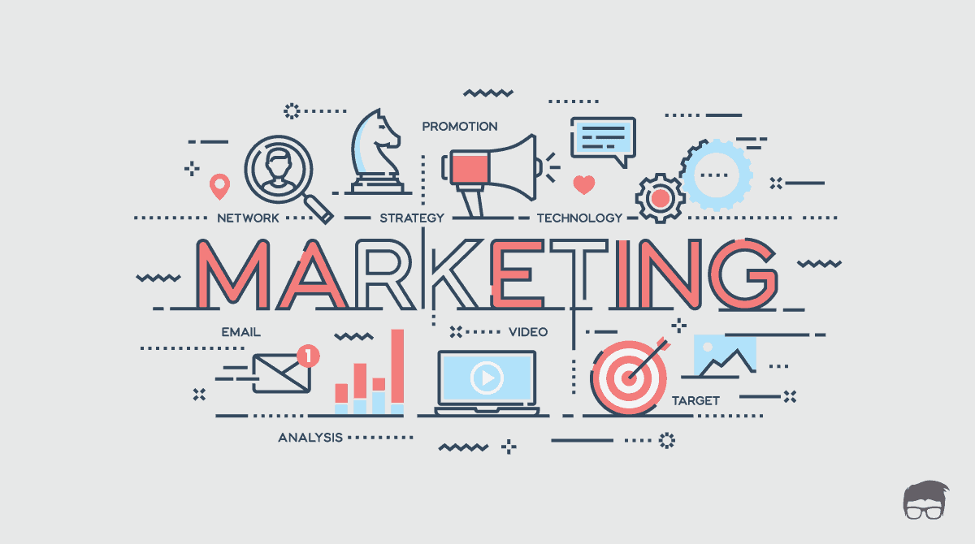
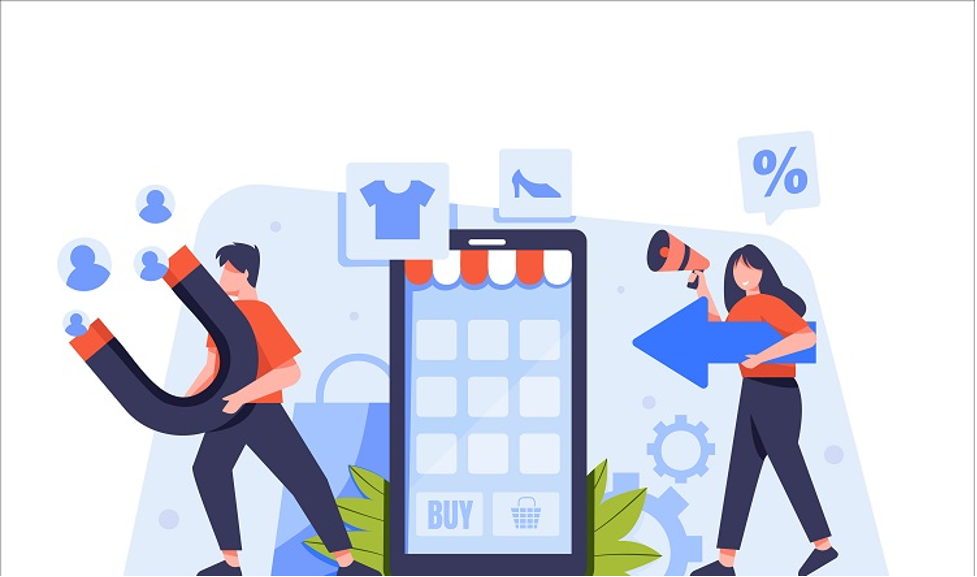


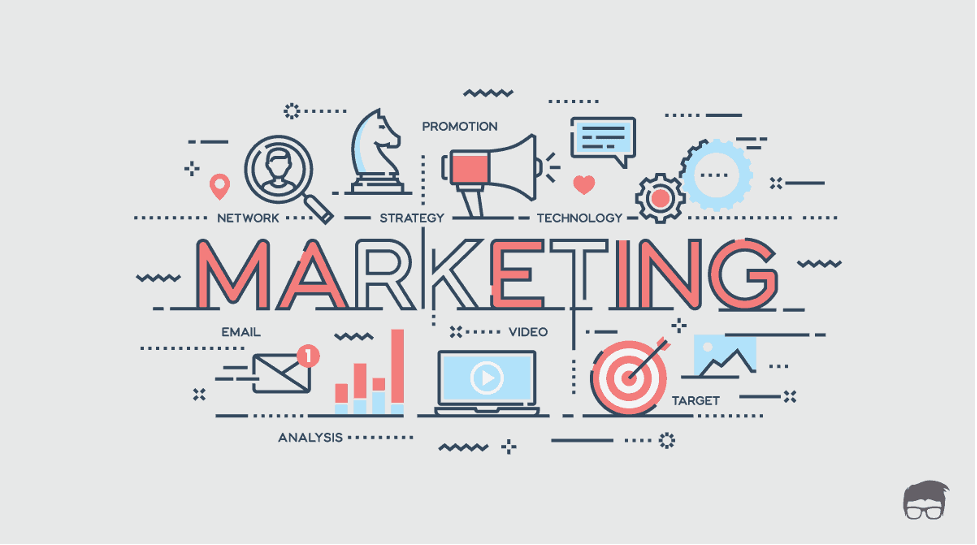
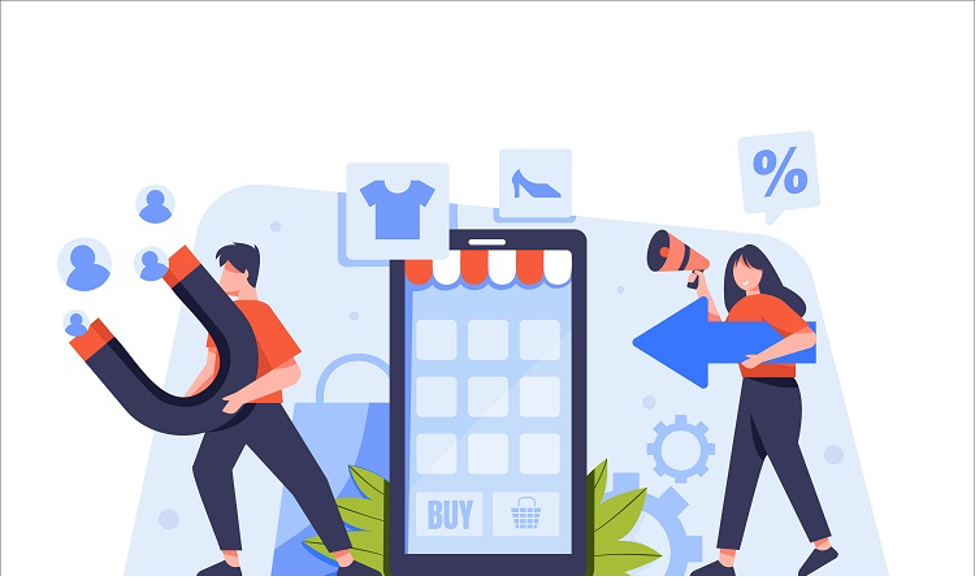



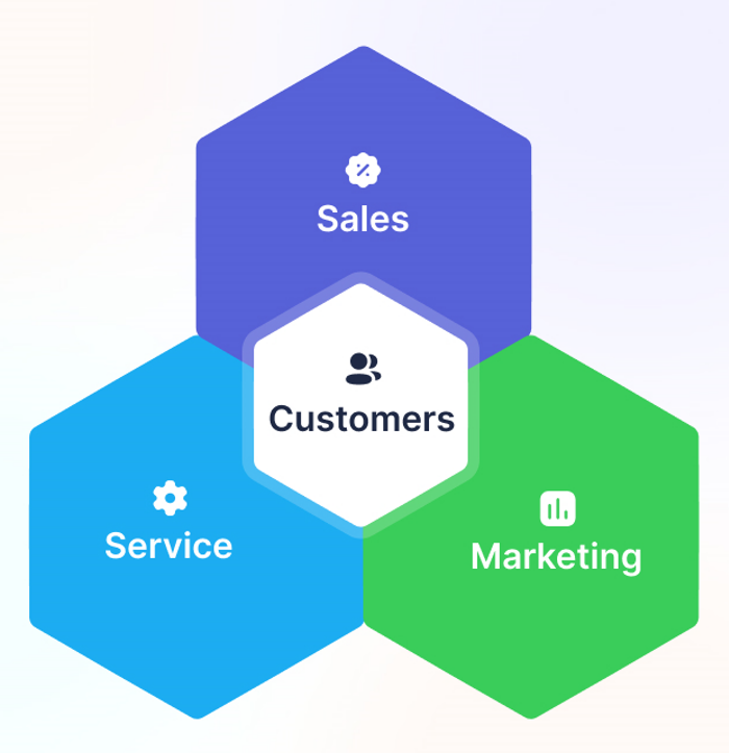
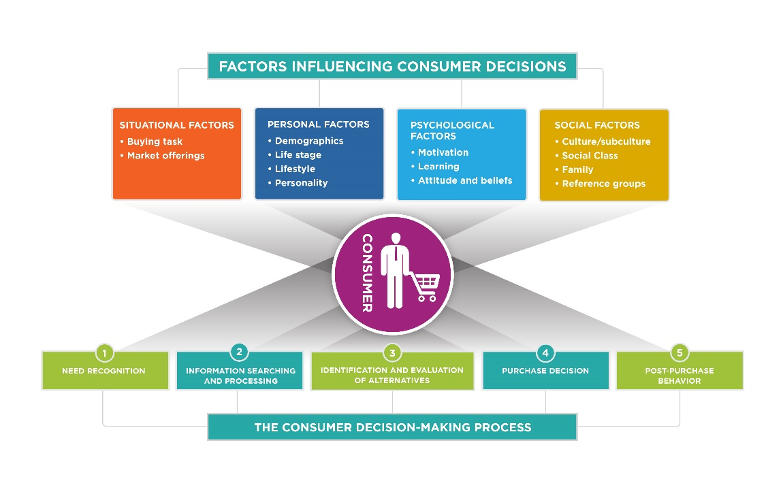















 7. GDPR Compliance: Prioritizing Data Privacy
7. GDPR Compliance: Prioritizing Data Privacy







